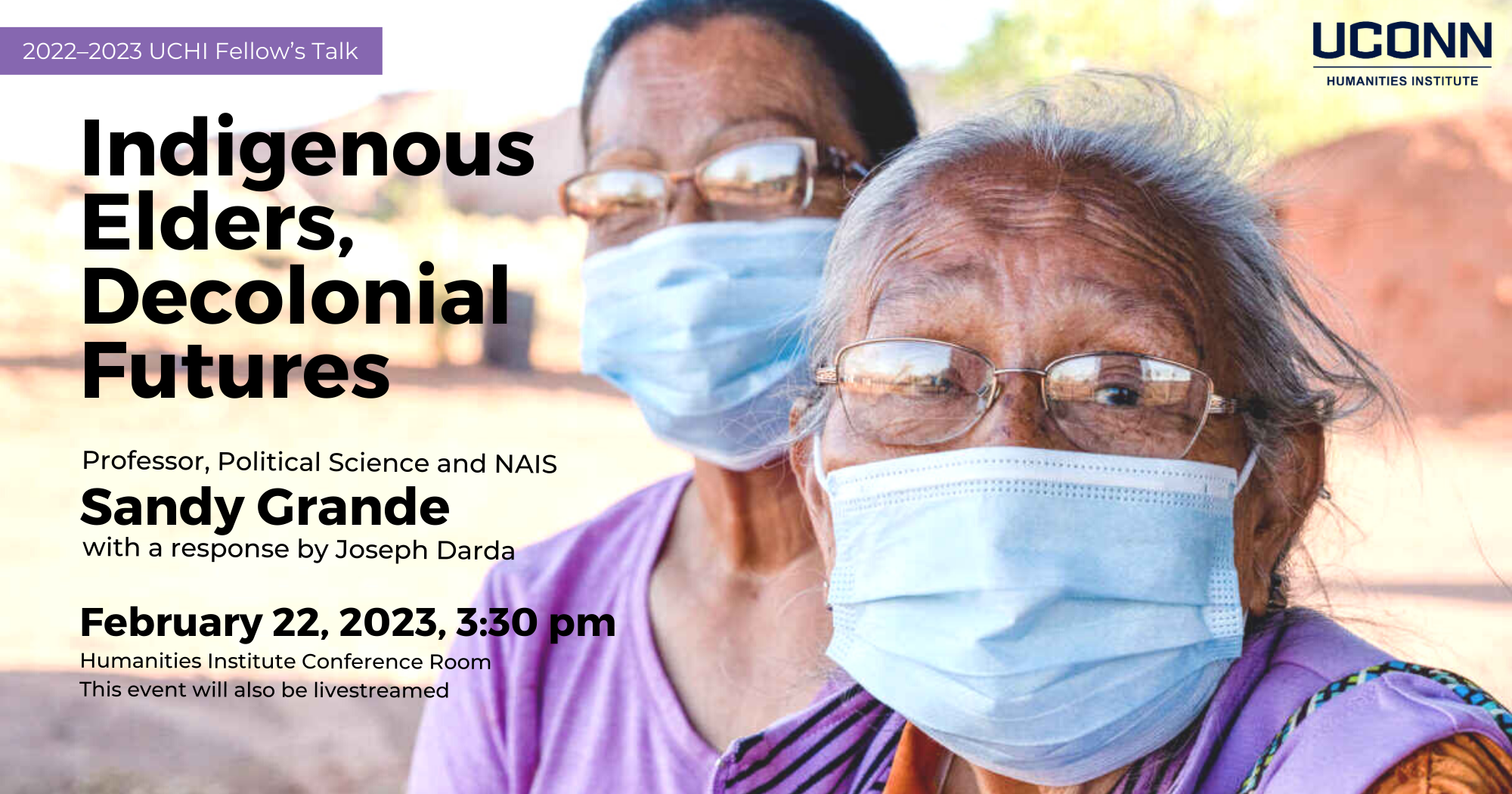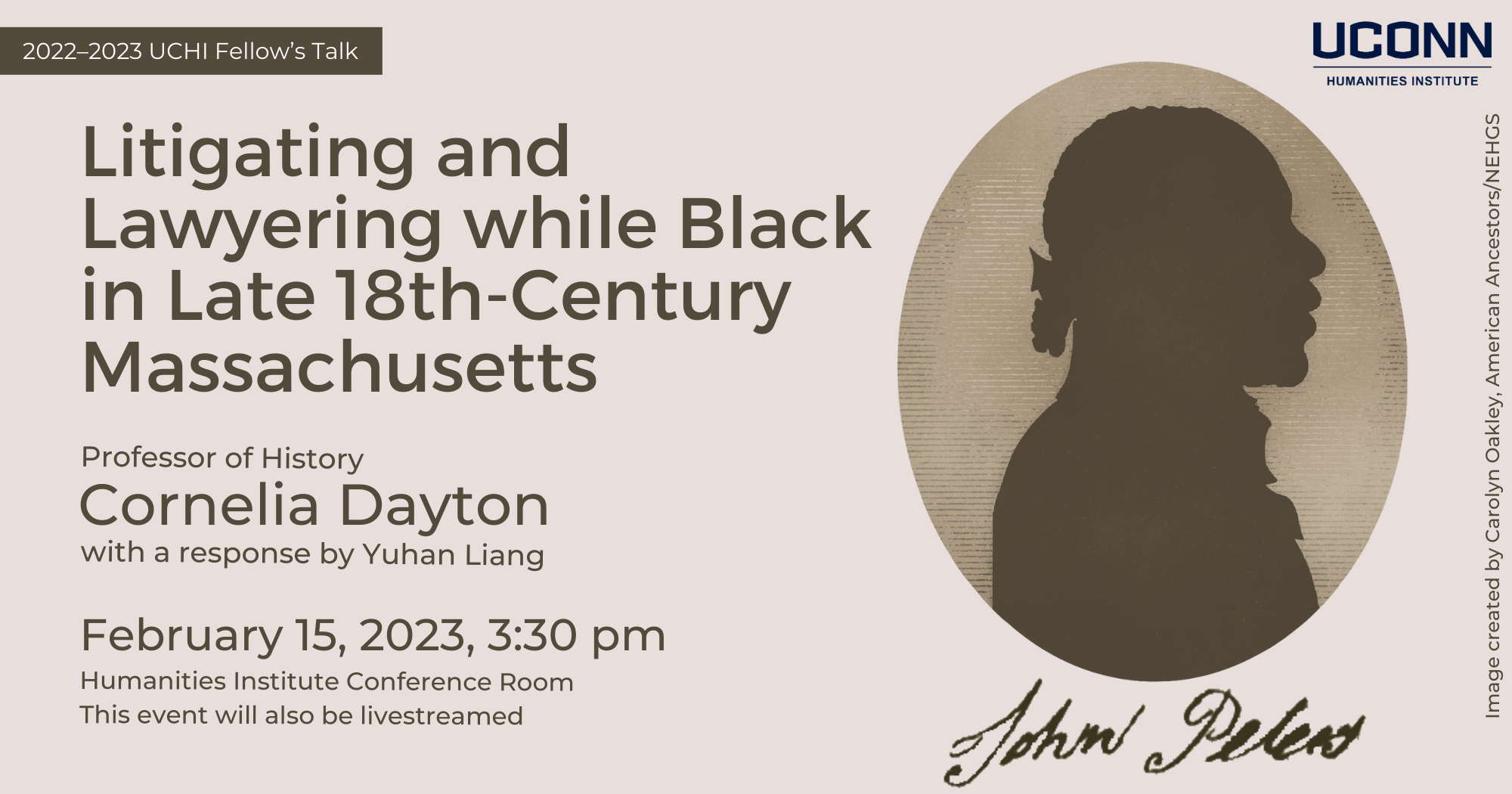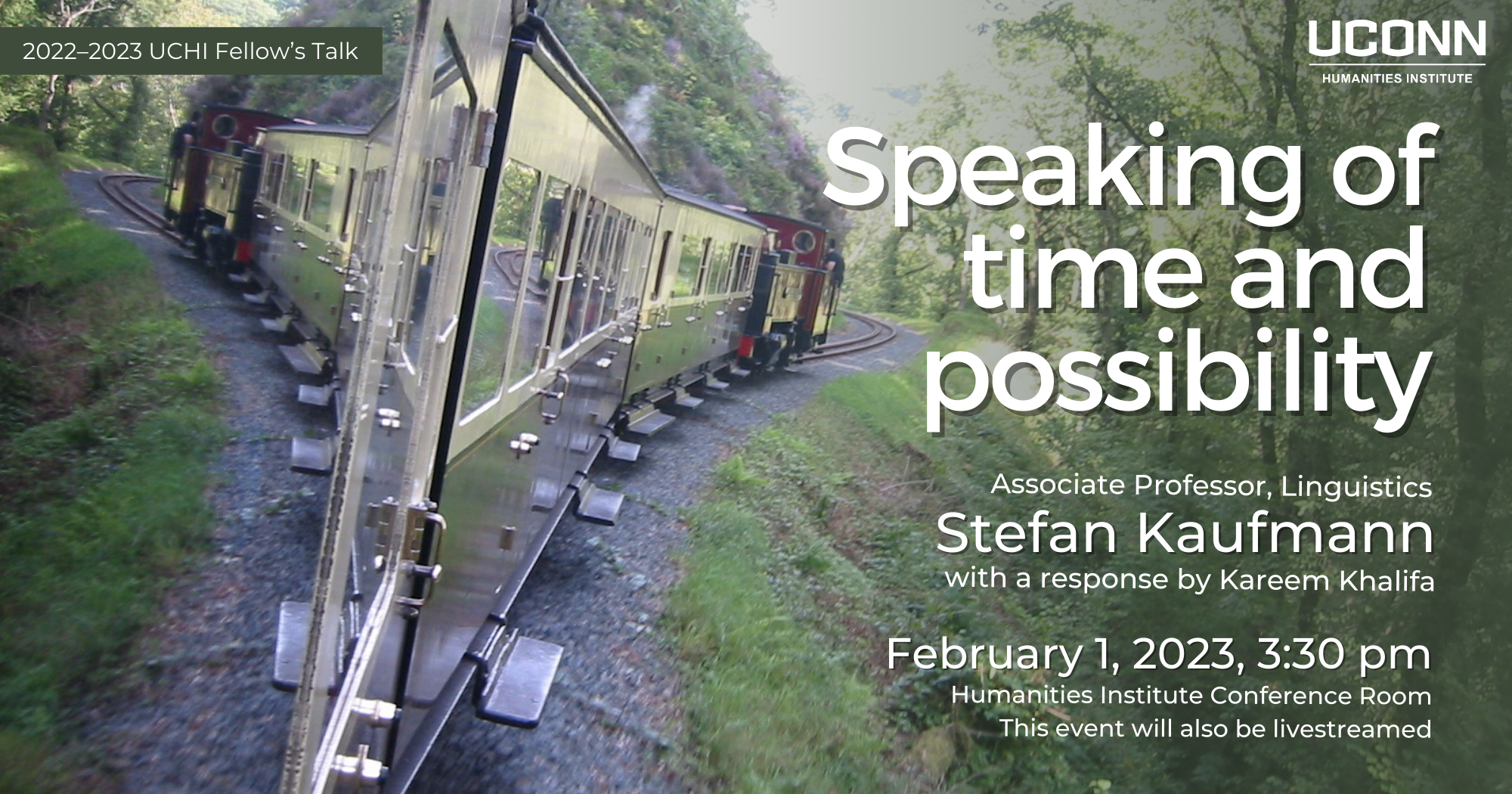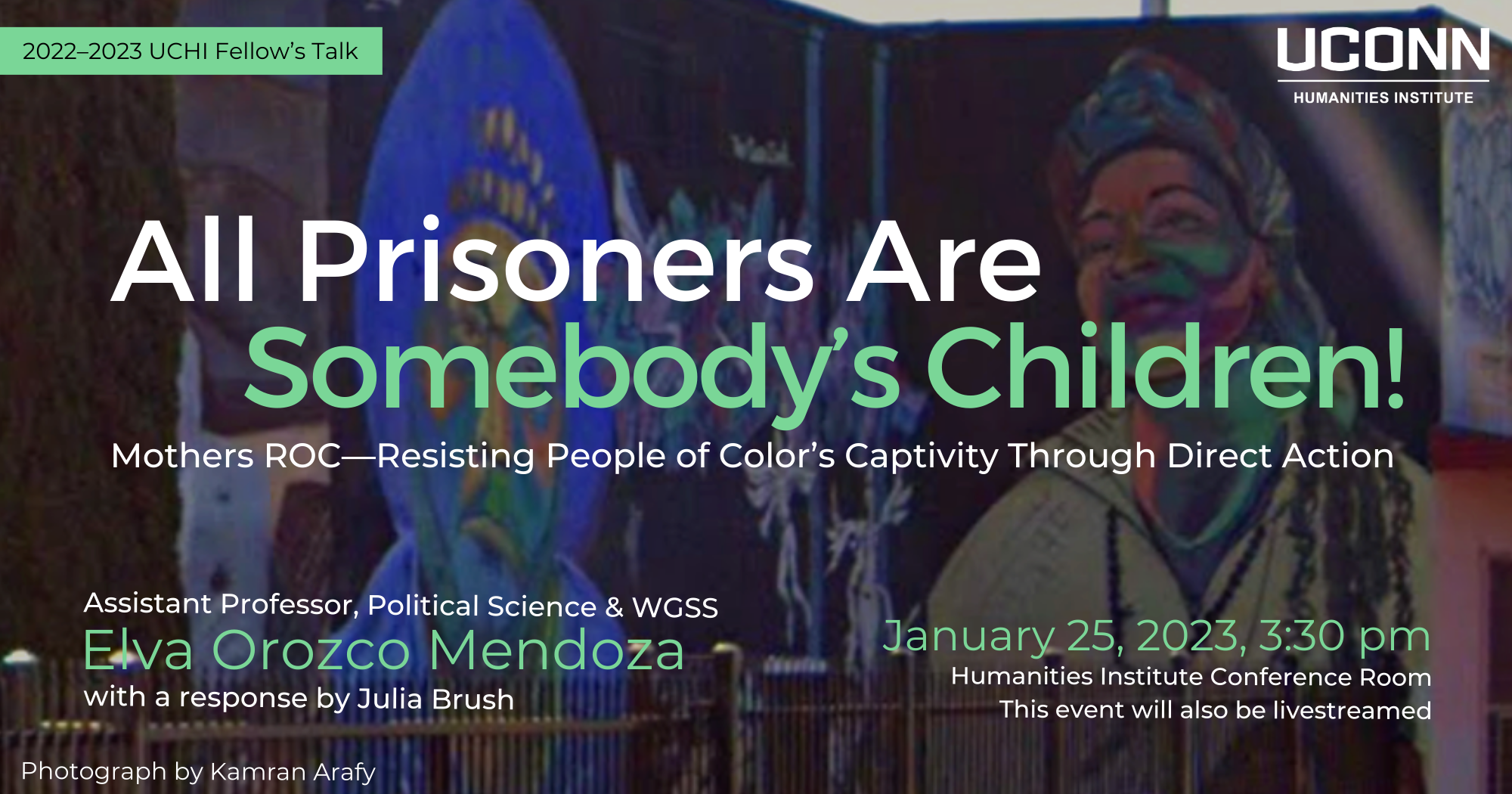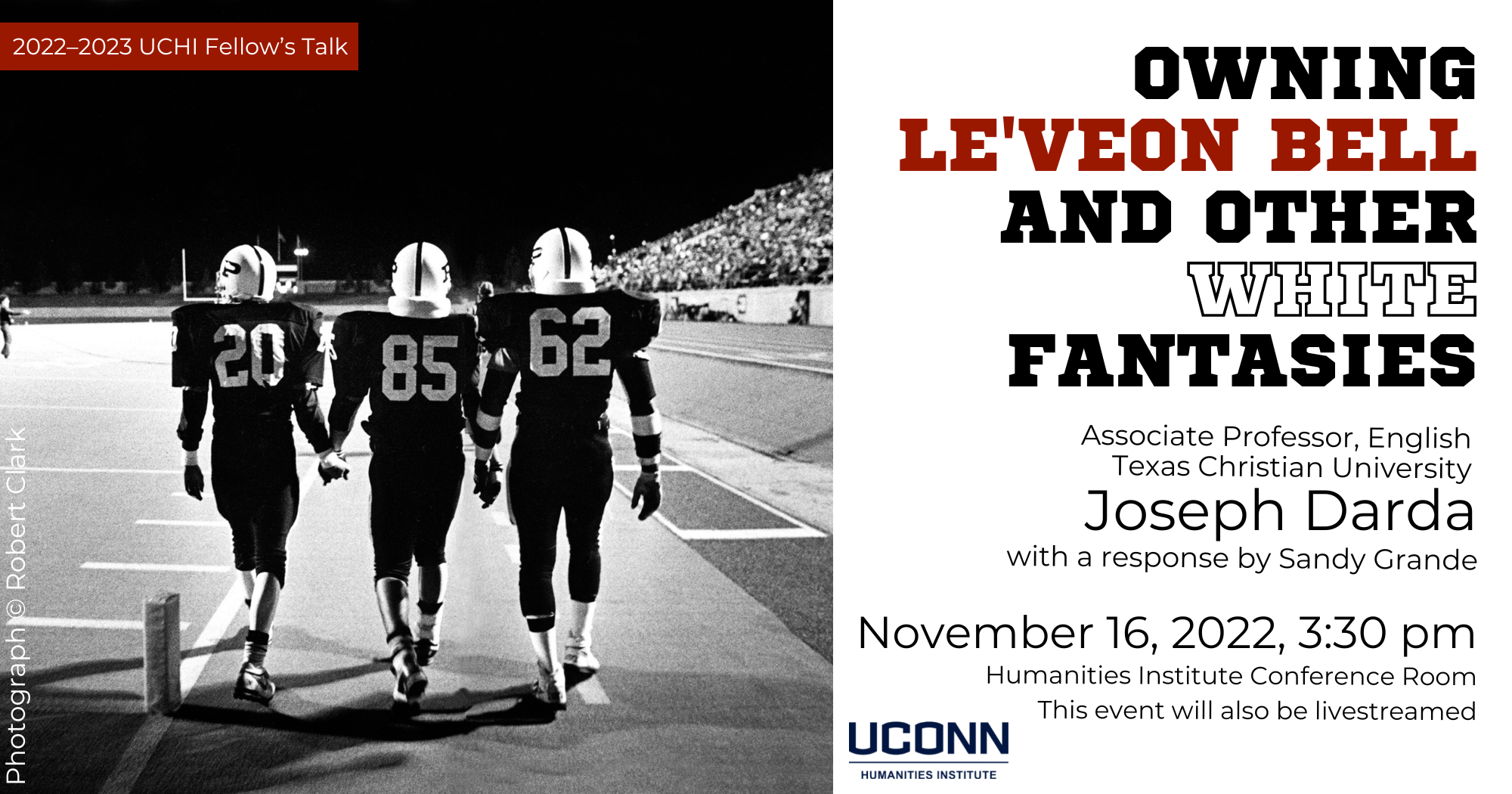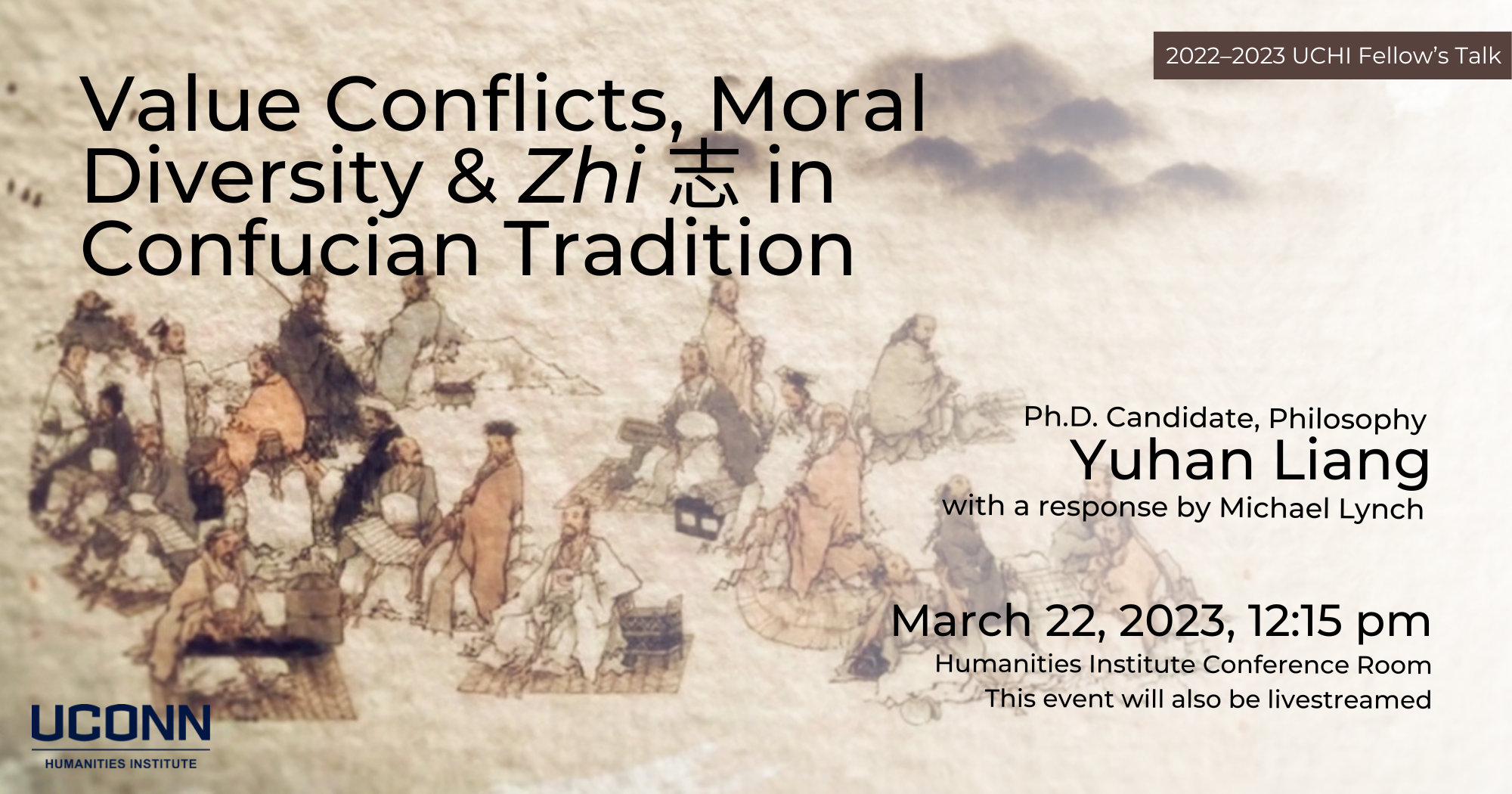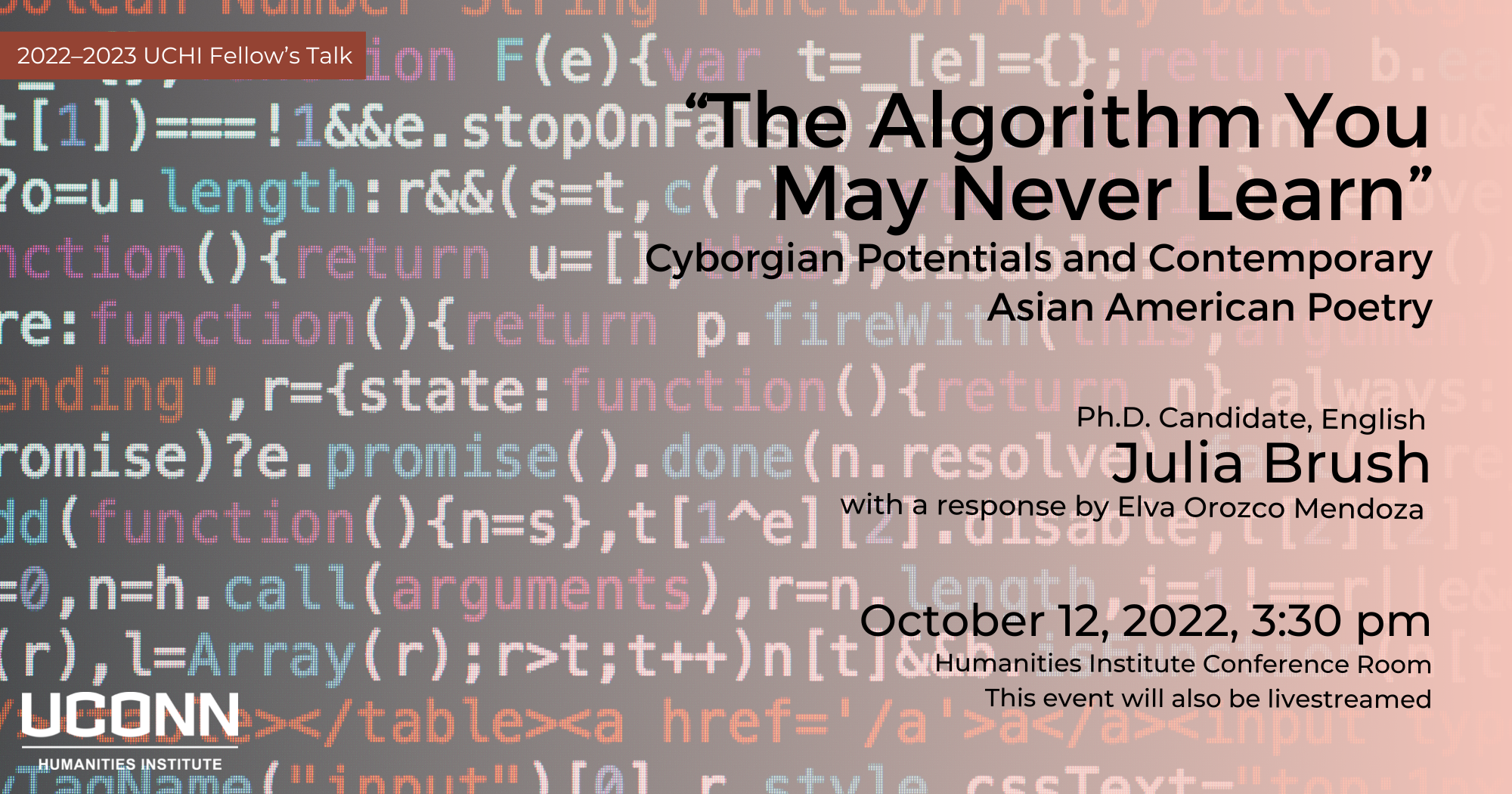Stories from State Hospital Cemeteries: Work-in-Progress Scenes from The Fate of Human Beings
Heather Cassano (Assistant Professor, DMD, UConn)
with a response by Cornelia Dayton (History, UConn)
Wednesday, March 1, 2023, 3:30pm, Humanities Institute Conference Room (HBL 4-209)
Add to Google calendar Add to Office 365 calendar Add to other calendar
The event will also be livestreamed with automated captioning.
THE FATE OF HUMAN BEINGS is a feature-length documentary film uncovering the stories of people with disabilities and mental illnesses who are buried in unnamed graves in mental institution cemeteries across the United States. Through a multiple narrative approach utilizing archival and present-day material, the film unpacks the ramifications of these cemeteries, seeking to understand our past and present relationships with the “otherness” of those interred. This talk will present work-in-progress scenes from the film and discuss the research behind the project. The selected scenes will include characters from multiple narratives featuring stories of improper burials, activism, and memorialization; all relating to mental institution cemeteries across the country.
Heather Cassano is a documentary filmmaker and Assistant Professor of Film/Video at the University of Connecticut. Her films blend an observational style with deeply personal narratives, striving to tell authentic stories through her personal experiences. Heather’s first feature documentary THE LIMITS OF MY WORLD (2018), followed her severely autistic brother Brian as he transitioned from the school system into adulthood. The film screened at numerous festivals internationally, winning three Best Documentary awards and a Jury Prize. Heather is now working on her second feature documentary THE FATE OF HUMAN BEINGS, which uncovers the stories of people with disabilities and mental illnesses who are buried in unnamed graves in mental institution cemeteries across the United States.
Cornelia H. Dayton is a Professor of History at the University of Connecticut. Her research and teaching interests include law and society; women, gender, and sexuality; Black lives in the northeast and Atlantic world; Revolutionary-era Boston; marital elopement notices; the poor relief practice of warning newcomers; and New Englanders’ responses to mental health challenges prior to 1840. She is a co-editor of Women’s America: Refocusing the Past, heading into its 10th edition; author of Women before the Bar: Gender, Law, and Society in Connecticut, 1639–1789; Robert Love’s Warnings: Searching for Strangers in Colonial Boston (with Sharon V. Salinger); “Taking the Trade: Abortion and Gender Relations in an 18th-Century New England Village” (William and Mary Quarterly); and, most recently, “Lost Years Recovered: John Peters and Phillis Wheatley Peters in Middleton,” in The New England Quarterly.
Access note
If you require accommodation to attend this event, please contact us at uchi@uconn.edu or by phone (860) 486-9057. We can request ASL interpretation, computer-assisted real time transcription, and other accommodations offered by the Center for Students with Disabilities.

